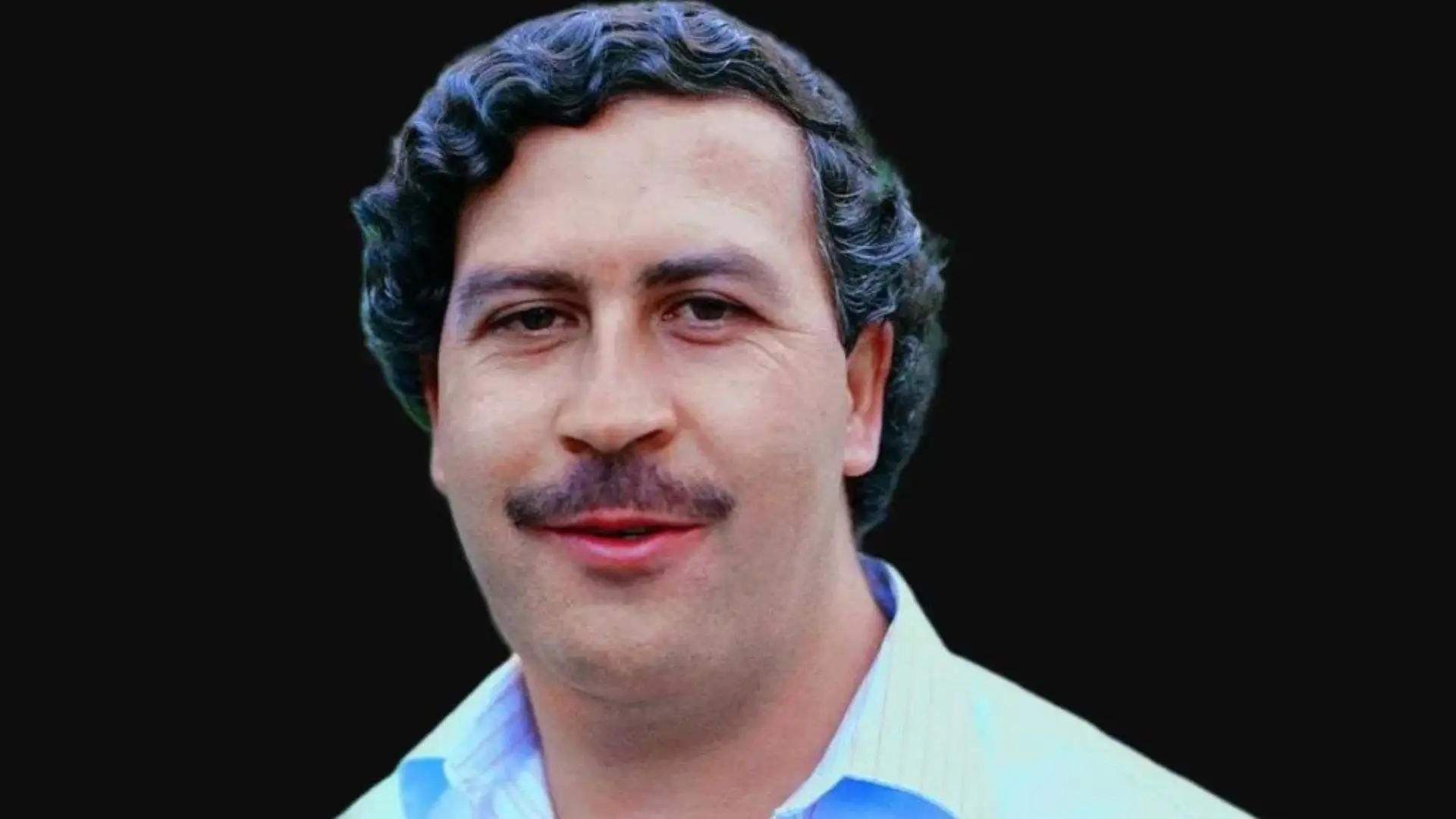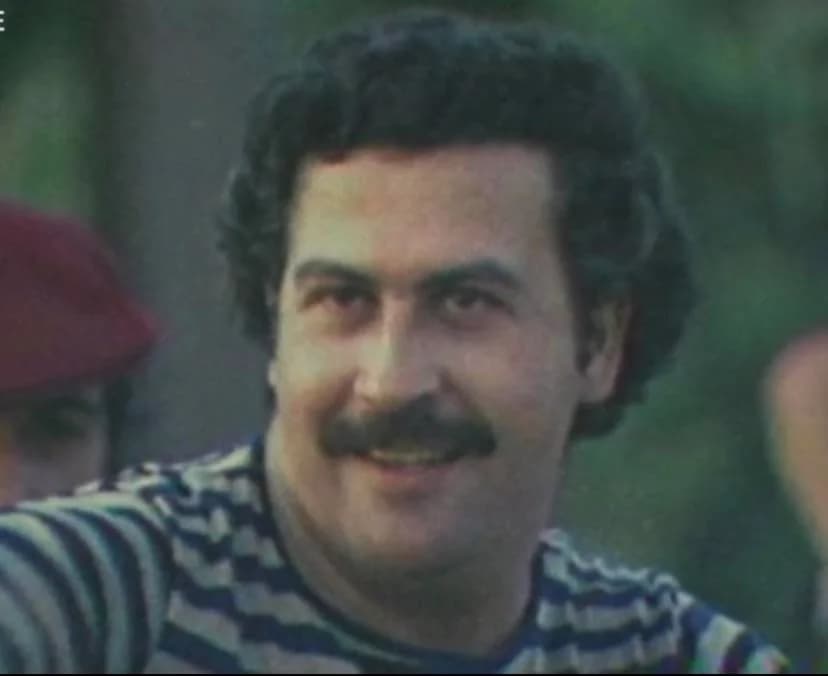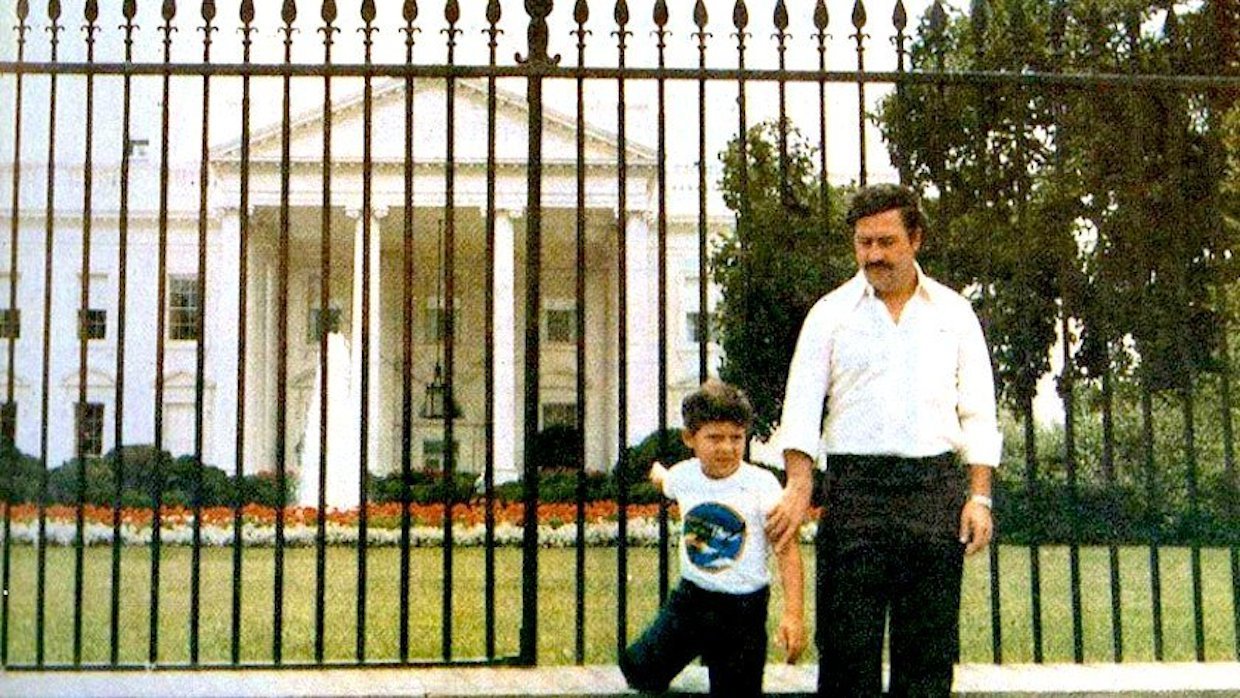Pablo Escobar, the infamous Colombian drug lord, is widely regarded as one of the wealthiest criminals in history. His empire of drug trafficking and illegal activities amassed a fortune that continues to captivate the world even decades after his death. Understanding the net worth of Pablo Escobar requires delving into the complexities of his life, the Medellín Cartel, and the economic impact of his operations.
Escobar's rise to power was marked by ruthless tactics, political manipulation, and an unparalleled ability to expand his drug empire. His wealth became a symbol of both his power and the devastating effects of the drug trade on Colombia and beyond. This article will explore his net worth, how he accumulated it, and the lasting legacy he left behind.
By examining historical records, expert analysis, and credible sources, we aim to provide a comprehensive understanding of Pablo Escobar's financial empire. Whether you're interested in history, economics, or the darker side of human ambition, this article will shed light on one of the most fascinating and controversial figures of the 20th century.
Read also:Is Mia Goth Still Married To Shia Exploring The Relationship Status Of Mia Goth And Shia Labeouf
Table of Contents
- Biography of Pablo Escobar
- Early Life and Background
- The Medellín Cartel and Drug Empire
- The Net Worth of Pablo Escobar
- Sources of Wealth
- Financial Impact of His Empire
- Pablo Escobar's Legacy
- Controversies Surrounding His Wealth
- Comparison with Other Criminal Empires
- Conclusion
Biography of Pablo Escobar
Pablo Emilio Escobar Gaviria was born on December 1, 1949, in Rionegro, Colombia. His life was a mixture of ambition, violence, and wealth accumulation, making him one of the most notorious figures in modern history. Below is a detailed look at his life through a biographical table:
| Full Name | Pablo Emilio Escobar Gaviria |
|---|---|
| Date of Birth | December 1, 1949 |
| Place of Birth | Rionegro, Colombia |
| Date of Death | December 2, 1993 |
| Cause of Death | Gunshot wounds |
| Known For | Founder of the Medellín Cartel, one of the wealthiest criminals in history |
Early Life and Background
Pablo Escobar's early life was far from glamorous. Growing up in a poor family, he faced economic challenges that shaped his future ambitions. Escobar's entrepreneurial spirit emerged early, starting with petty crimes such as stealing tombstones and reselling them.
His education was limited, and he dropped out of school at a young age. However, his street smarts and ability to navigate the underworld quickly propelled him into the world of organized crime. By the 1970s, Escobar had already begun to establish himself in the drug trade, setting the stage for his rise to power.
The Medellín Cartel and Drug Empire
Formation of the Medellín Cartel
The Medellín Cartel was founded by Pablo Escobar in the late 1970s. It quickly became the most powerful cocaine trafficking organization in the world, controlling an estimated 80% of the global cocaine market. Escobar's leadership was characterized by his ability to innovate and expand the cartel's operations.
Key aspects of the cartel included:
- Control over cocaine production in Colombia
- Extensive smuggling networks into the United States
- Political influence through bribery and intimidation
The Net Worth of Pablo Escobar
At the peak of his power, Pablo Escobar's net worth was estimated to be around $30 billion, making him one of the wealthiest criminals in history. This figure was derived from various sources, including financial records seized during raids and expert analysis of his operations.
Read also:Freddie Freemans Son Charlie A Comprehensive Look Into Their Lives
However, it's important to note that the exact amount of his wealth remains a topic of debate. Some estimates suggest his net worth could have been even higher, while others argue that the figure might be slightly inflated due to the nature of his illegal activities.
Sources of Wealth
Pablo Escobar's wealth primarily came from the following sources:
- Cocaine Trafficking: The Medellín Cartel dominated the cocaine trade, earning billions annually.
- Political Influence: Escobar used bribery and intimidation to secure his operations and avoid legal consequences.
- Real Estate Investments: He invested heavily in properties, both in Colombia and internationally.
- Money Laundering: Escobar employed sophisticated methods to launder his drug money, further expanding his wealth.
Financial Impact of His Empire
The financial impact of Pablo Escobar's empire was immense, affecting not only Colombia but also the global economy. The influx of drug money into Colombia's economy led to both growth and instability. While some communities benefited from Escobar's "Robin Hood" image, others suffered from the violence and corruption associated with his operations.
According to a report by the United Nations Office on Drugs and Crime (UNODC), the global drug trade generates approximately $321 billion annually. Escobar's contribution to this figure was significant, highlighting the far-reaching effects of his empire.
Economic Consequences
The economic consequences of Escobar's activities included:
- Increased violence and instability in Colombia
- Corruption of political and judicial systems
- Massive influx of drug money into the global economy
Pablo Escobar's Legacy
Pablo Escobar's legacy is a complex mix of fear, admiration, and condemnation. While some view him as a ruthless criminal, others see him as a symbol of resistance against economic inequality. His influence on Colombian society and the global drug trade continues to be felt today.
Escobar's story has been immortalized in books, documentaries, and TV series, such as Netflix's "Narcos," which explores the rise and fall of the Medellín Cartel. These portrayals have kept his memory alive, sparking ongoing discussions about the nature of power, wealth, and morality.
Controversies Surrounding His Wealth
Pablo Escobar's wealth was surrounded by numerous controversies, primarily due to the illegal and violent nature of his operations. Critics argue that his wealth was built on the backs of countless victims, including those who lost their lives to drug addiction and violence.
Despite this, some people in Colombia still view Escobar as a hero, pointing to his charitable acts and contributions to impoverished communities. This duality in perception highlights the complexity of his legacy and the broader issues surrounding organized crime.
Moral Implications
The moral implications of Pablo Escobar's wealth are profound. They raise questions about the ethics of accumulating wealth through illegal means and the responsibility of society to address the root causes of crime and inequality.
Comparison with Other Criminal Empires
When compared to other criminal empires, Pablo Escobar's wealth stands out as one of the largest. Below is a comparison with other notable criminal figures:
| Name | Empire | Estimated Net Worth |
|---|---|---|
| Pablo Escobar | Medellín Cartel | $30 billion |
| Al Capone | Chicago Outfit | $1.3 billion (adjusted for inflation) |
| John Gotti | Gambino Crime Family | $100 million |
Conclusion
Pablo Escobar's net worth remains one of the most intriguing aspects of his life, symbolizing both his power and the destructive impact of his actions. Through his leadership of the Medellín Cartel, he amassed a fortune that continues to fascinate and alarm people worldwide.
In conclusion, understanding Escobar's wealth requires examining the broader context of his life, the drug trade, and its consequences. As we reflect on his legacy, it's crucial to address the underlying issues that enable such criminal enterprises to thrive.
We invite you to share your thoughts in the comments section below or explore other articles on our site to deepen your understanding of this complex topic. Together, we can continue the conversation about the impact of organized crime on society and the world.


